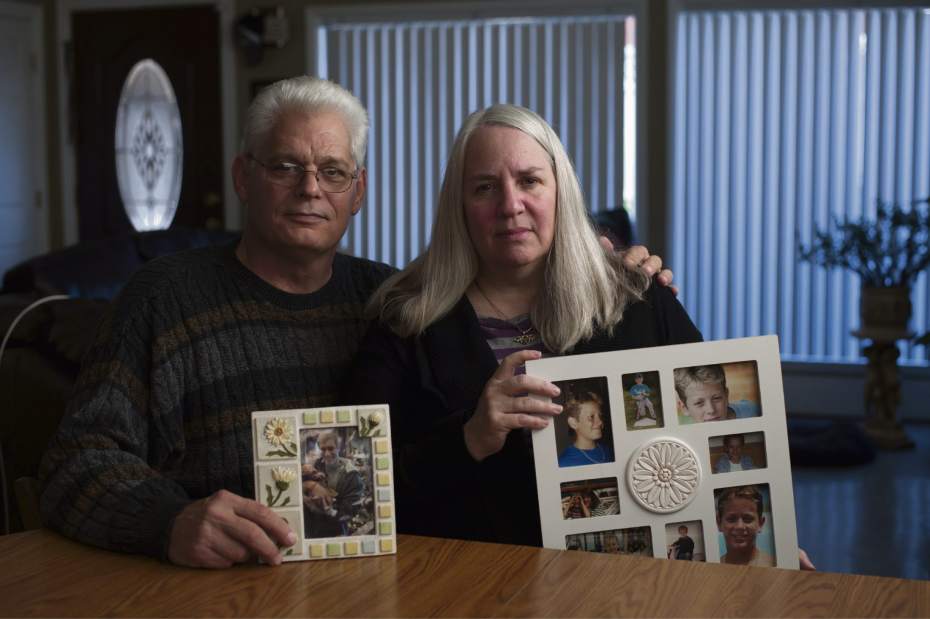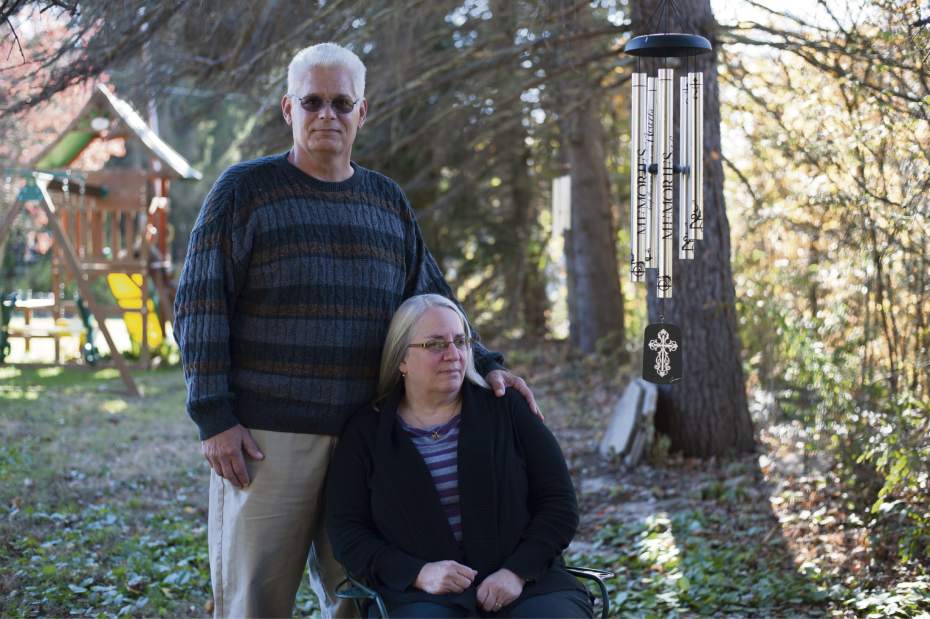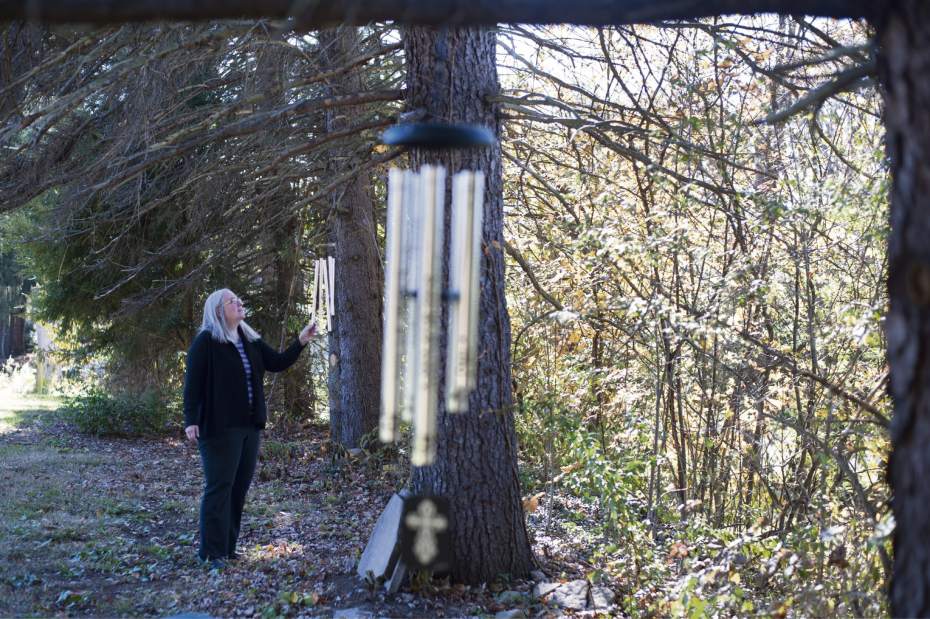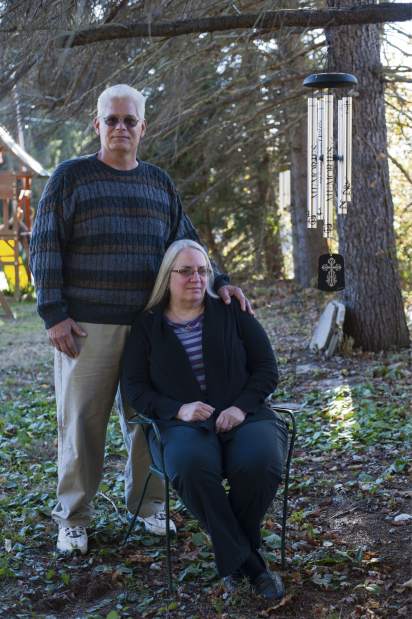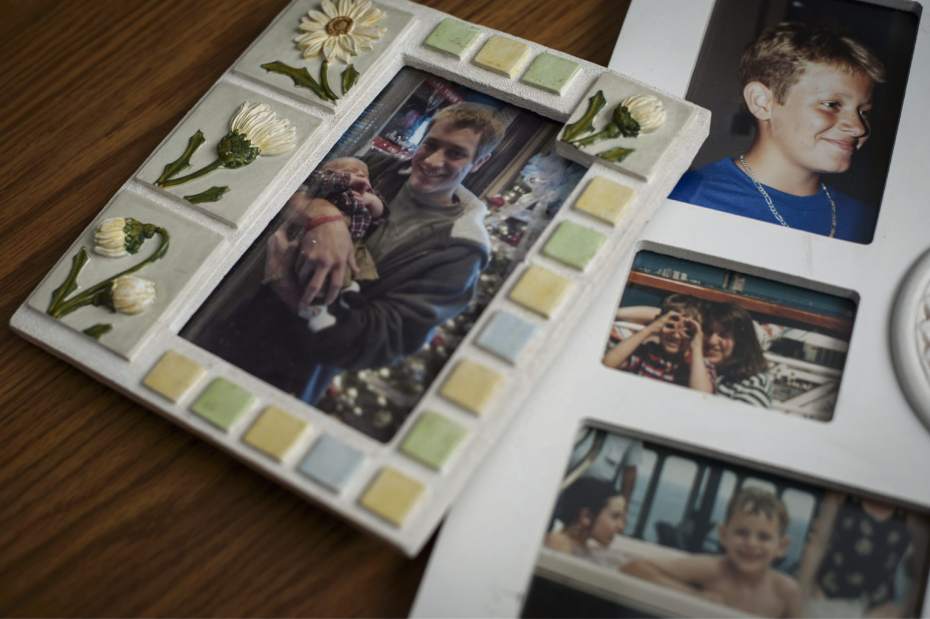Discarded syringes put cleanup workers along Pennsylvania roads at risk
Vince Mastrorocco remembers when volunteers for Derry Township's highway cleanup program were unfazed by Saturday mornings spent hauling away old tires and litter.
That was before the region's deadly heroin epidemic took hold and roadside garbage became peppered with contaminated hypodermic needles, he said.
“It's getting progressively worse,” Mastrorocco said. “It's one thing to go out there and pick up cigarettes, but to go out there and pick up drug paraphernalia ... it angers me.”
Although neither state nor local officials can provide information about whether anyone has been injured by needles dropped along roads, Mastrorocco said, “It's just a matter of time until someone gets stuck.”
Fear about HIV, hepatitis and other illnesses transmitted by contaminated needles gives pause to volunteers who once freely donated time to public-service projects.
Mastrorocco said his program once had about 20 volunteers. Now, there are five.
The trouble facing cleanup crews is an unexpected sign that the heroin epidemic can extend to people far removed from the drug culture.
With overdose deaths nearing 300 last year in Allegheny County and quadrupling over the past three years in Washington and Westmoreland counties, U.S. Attorney David Hickton in Pittsburgh has declared it “a public health crisis.”
Warnings sounded
Some groups warn volunteers to wear proper clothing to guard against exposure to needles.
When used needles started showing up along Greene County roads, highway volunteers were told to switch from tennis shoes to hard-sole shoes.
“You don't want to take a chance,” said Lisa Snider, district manager of the Greene County Conservation District.
Litter crew members are told never to touch a discarded needle.
“Leave it alone. Report it to law enforcement,” said Colleen Martin, PennDOT's Adopt-A-Highway coordinator in Greene County.
About two years ago, Martin said, “We found about 36 (needles) in a quarter of a mile. I was dumbfounded. ... I never thought that people could be that stupid.”
As heroin use escalates, the problem shows no signs of abating and roadside litter once consisting of candy wrappers, cigarette butts and beer cans has taken on a danger, officials said.
“It puts the volunteers in a difficult spot,” said Ellen Keefe, executive director of Westmoreland Cleanways and Recycling. “You're picking up a pop bottle and not expecting to see a needle in there.”
Most protective measures that cleanup groups traditionally used, such as gloves, provide little protection against needles, according to state officials.
People who come across needles or syringes anywhere should report the finding to the local fire department or police, said state Department of Environmental Protection spokesman John Poister.
“They have the proper gloves to dispose of it,” he said. “The latex gloves most people use aren't going to help you. In the strongest terms, we advise people to avoid handling syringes at all cost. We consider it medical waste.”
Needles can't be included in regular trash; they must be separated and disposed of properly, preferably in a plastic container, he said.
No quick fix
Health officials say there is no easy solution to the problem of needles tossed by drug users.
Though some states limit the sale of hypodermic needles to those with medical prescriptions, Pennsylvania has no such law, said Jason Snyder, spokesman for the state Department of Drug and Alcohol Prevention.
Some states loosened laws in the past decade to slow the spread of HIV and hepatitis.
Officials with the Food and Drug Administration estimate more than 9 million syringe users administer in excess of 3 billion injections yearly outside traditional health care facilities, many for legitimate medical purposes such as diabetics injecting insulin or women undergoing fertility treatments.
In most cases, those patients are trained to safely dispose of their needles, officials said.
“People just throw the needles out the door. ... It's a big problem,” said Dr. Richard Sagal, president of the Gloucester, Mass.-based Safe Needle Disposal group that fields about 1,000 calls a month from people with questions about how to handle used needles.
Time does not decrease the risk associated with a dirty needle.
“Some viruses can survive on the needle for some time,” he said.
Craig Smith is a Trib Total Media staff writer.




